Report on Leadership Styles for Managing Organizational Change
VerifiedAdded on 2023/01/09
|9
|390
|39
Report
AI Summary
This report explores various leadership styles applicable to managing organizational change. The content covers key leadership approaches, including situational, democratic, and transformational leadership. It highlights how these styles impact employee behavior and facilitate change within an organization. The report discusses the application of situational leadership, emphasizing its adaptability to different business contexts. It also examines democratic leadership, focusing on its role in fostering employee participation and commitment. Furthermore, the report delves into transformational leadership, illustrating how it builds emotional connections and influences employee behavior. The report concludes by summarizing the discussed leadership styles and their significance in driving organizational change effectively. The report also includes the reference of the sources that have been used to make this report.
1 out of 9
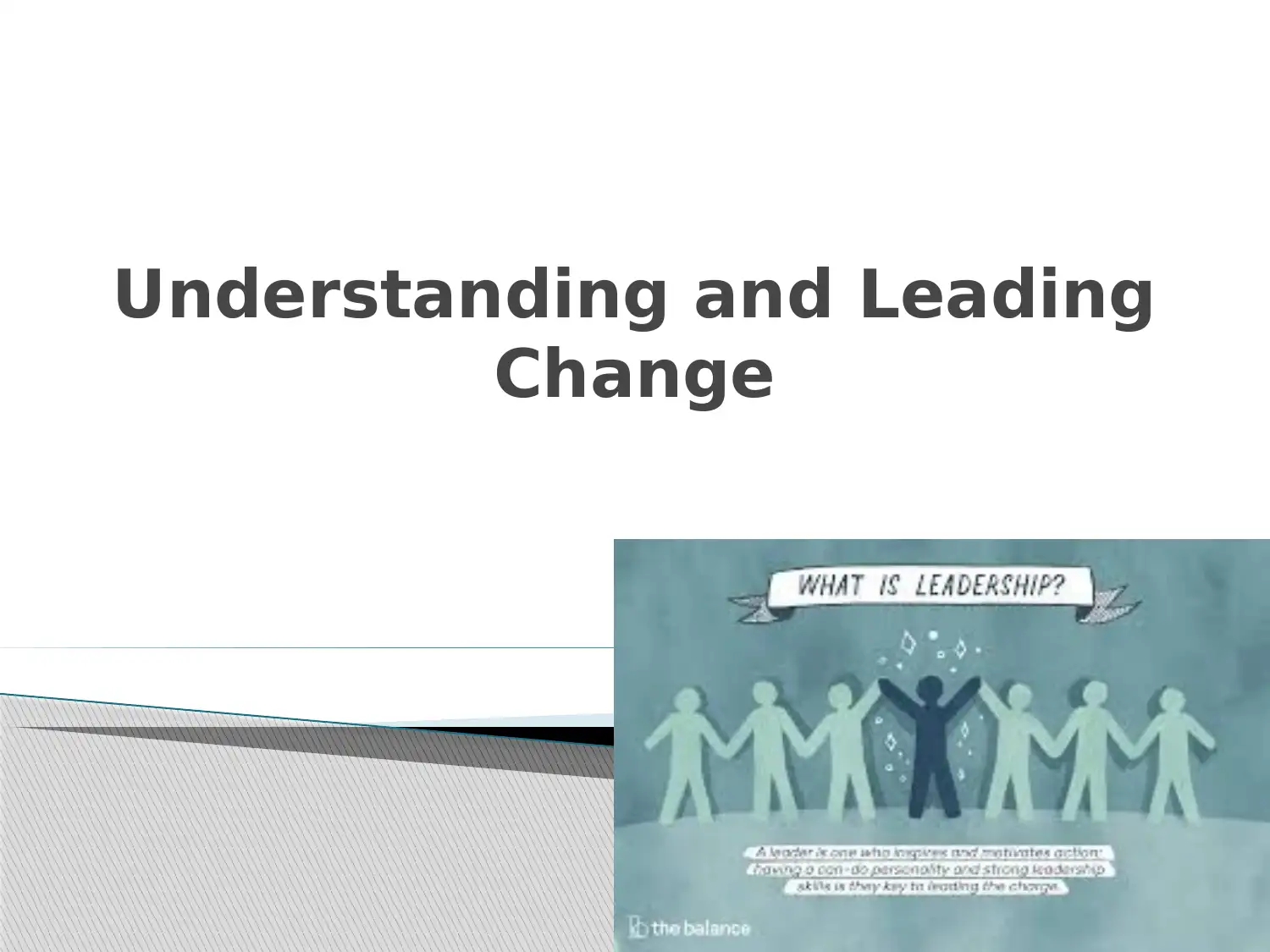
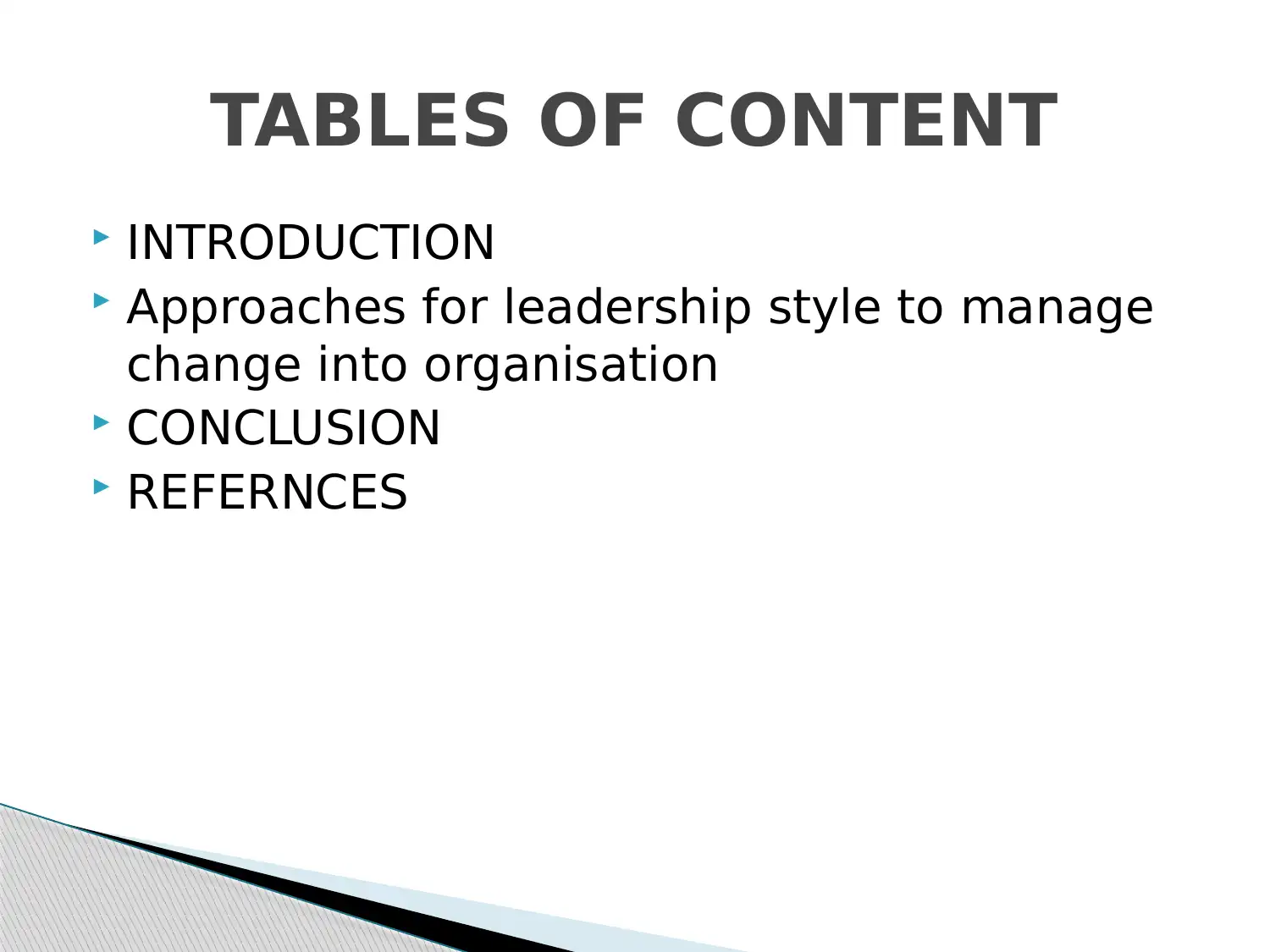
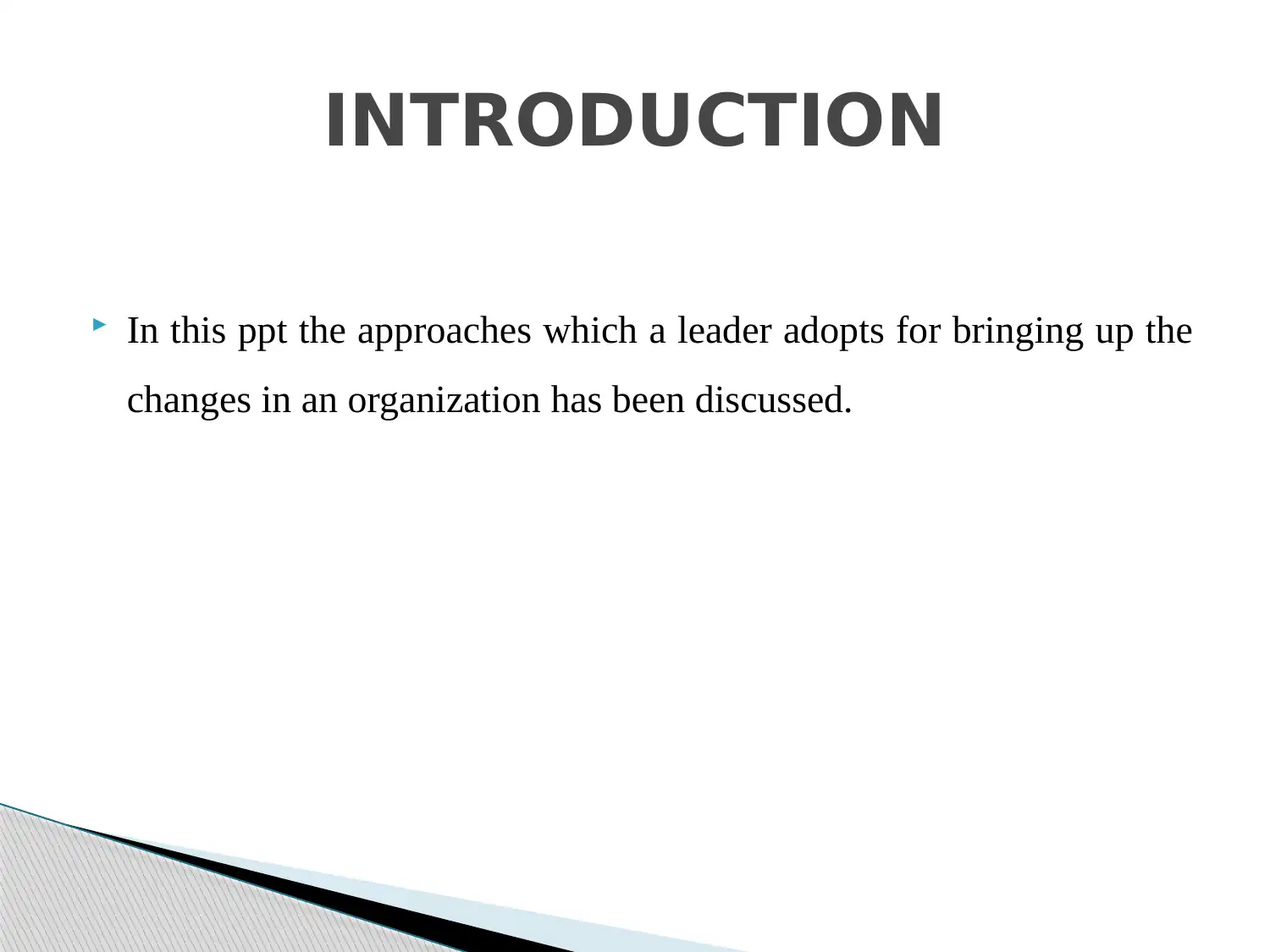

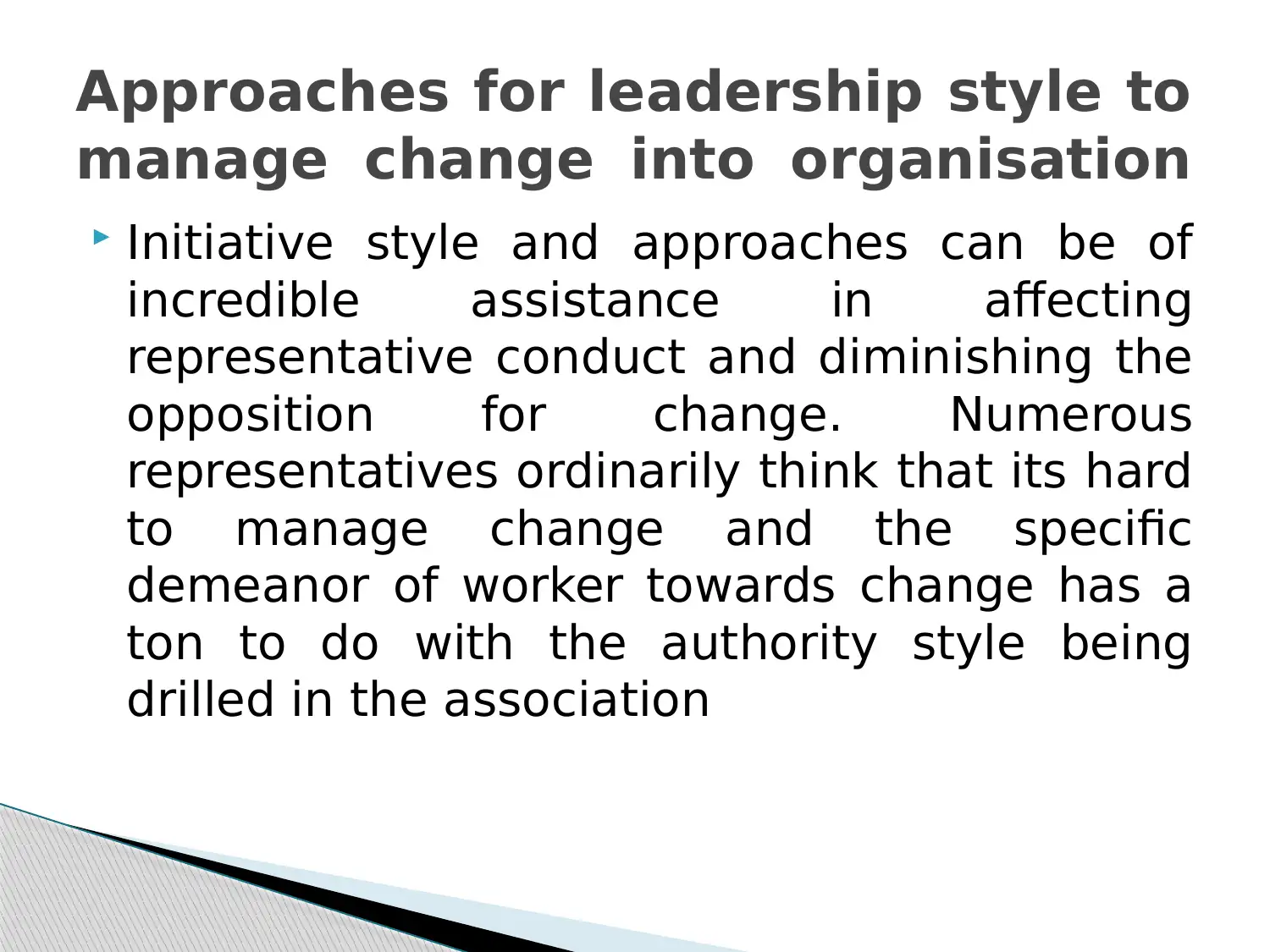
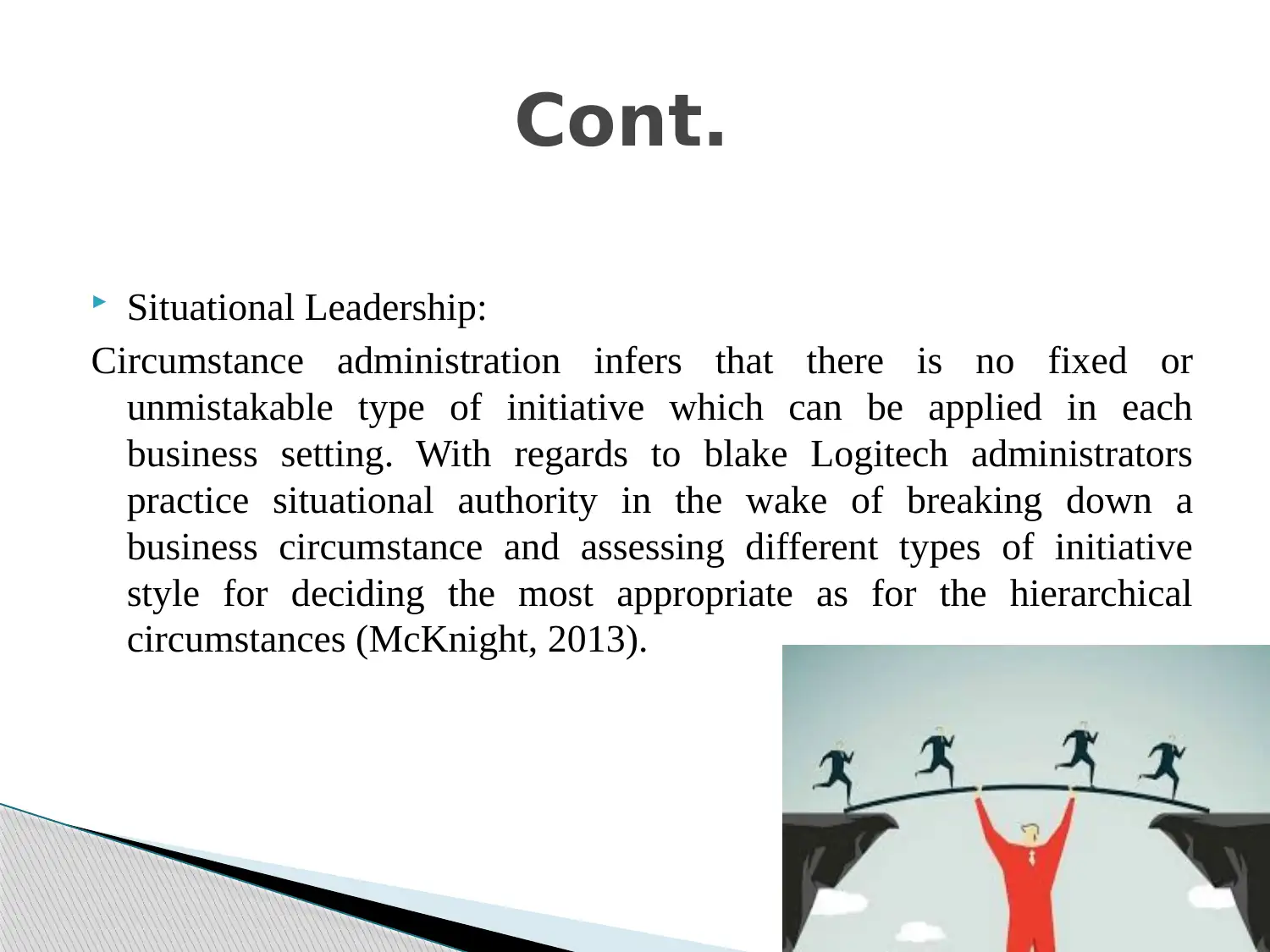
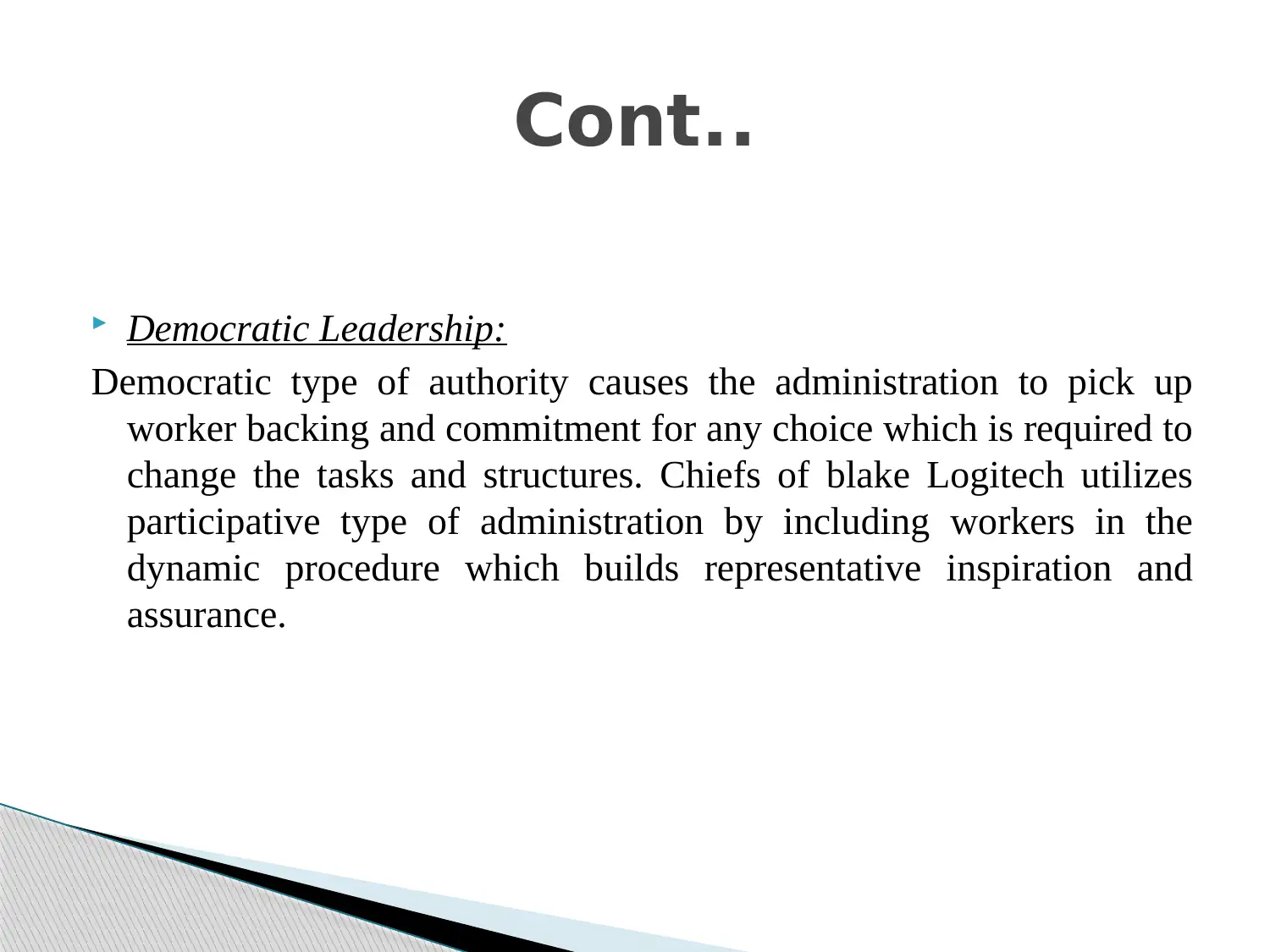
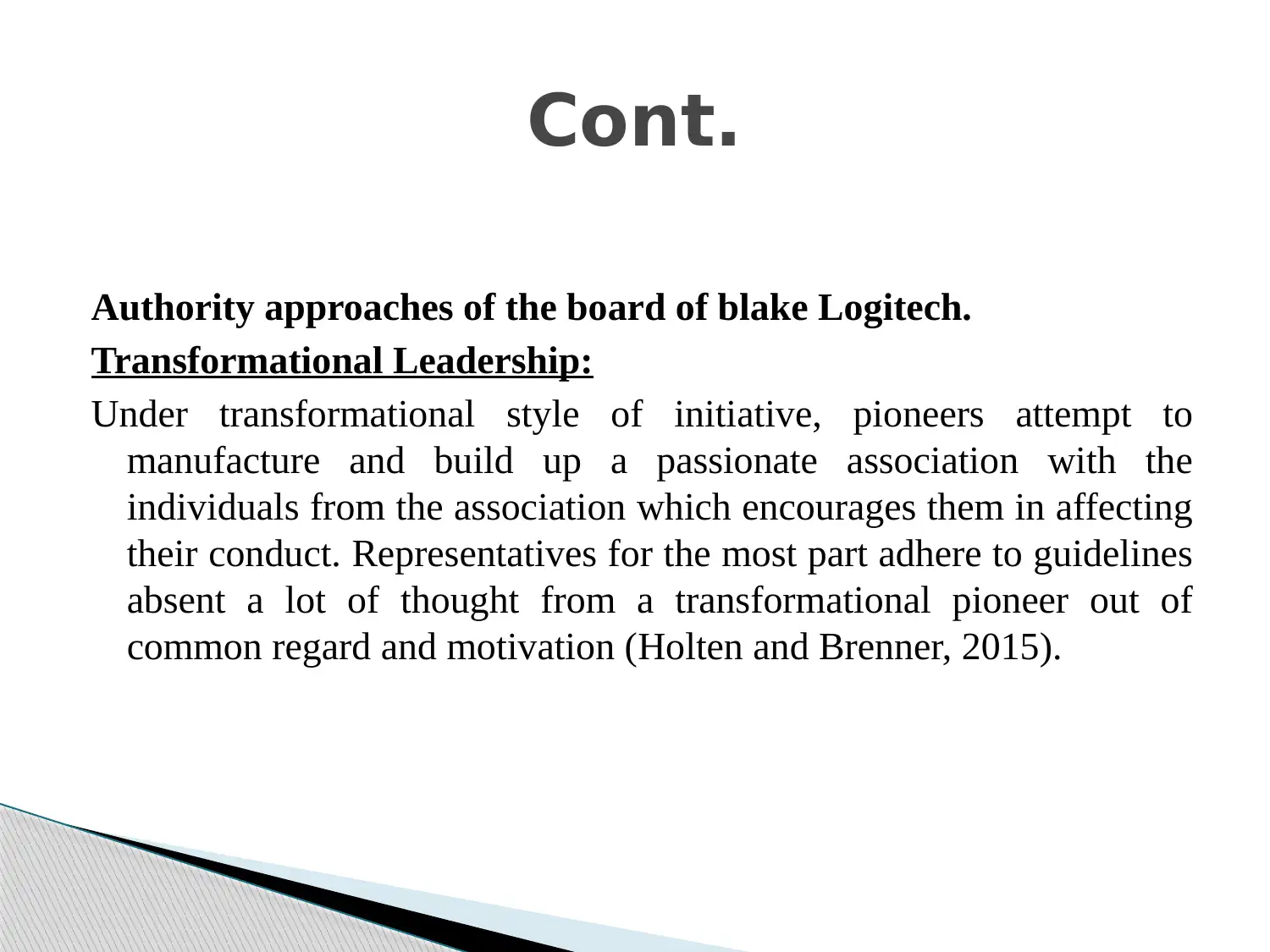
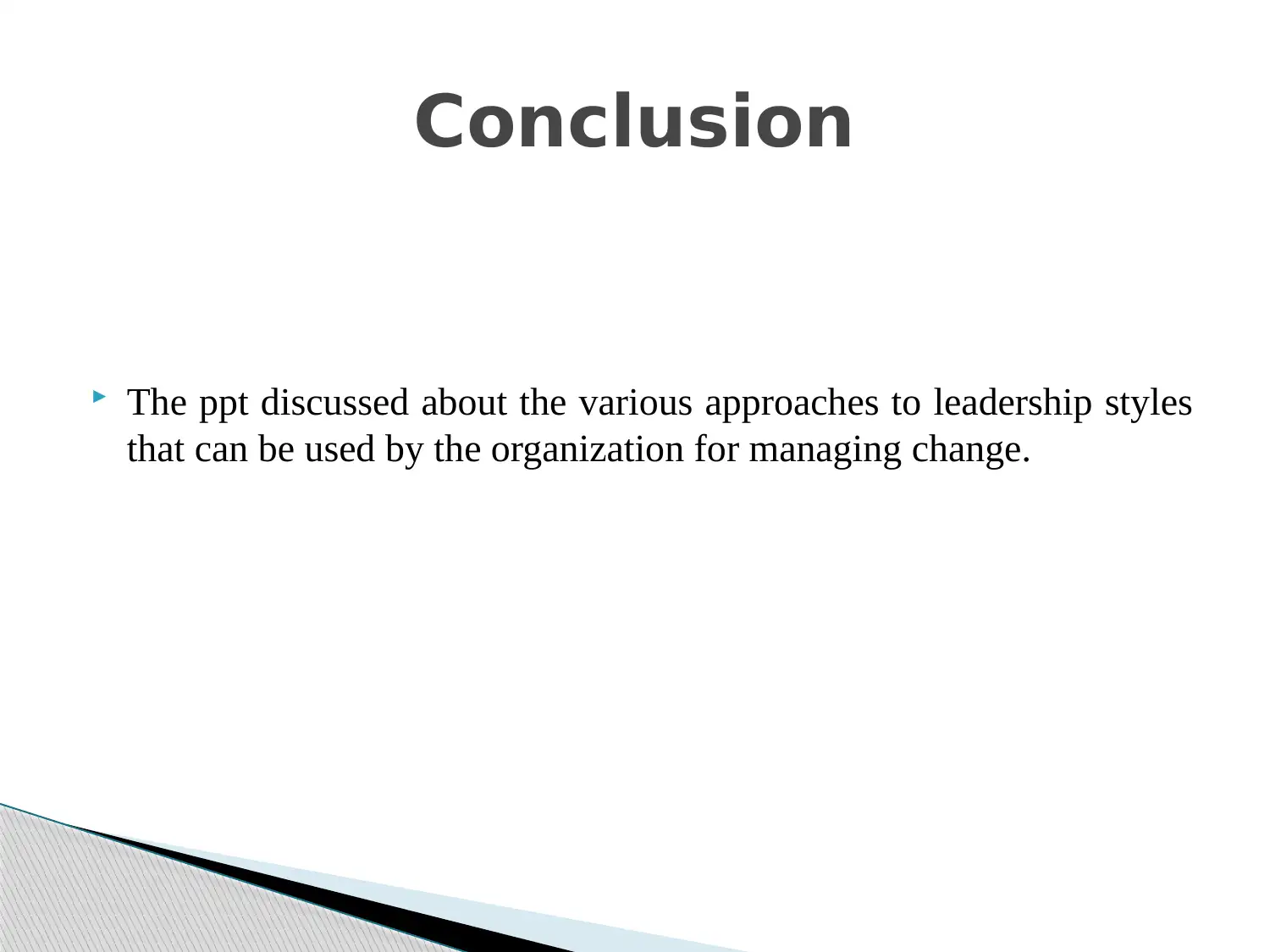
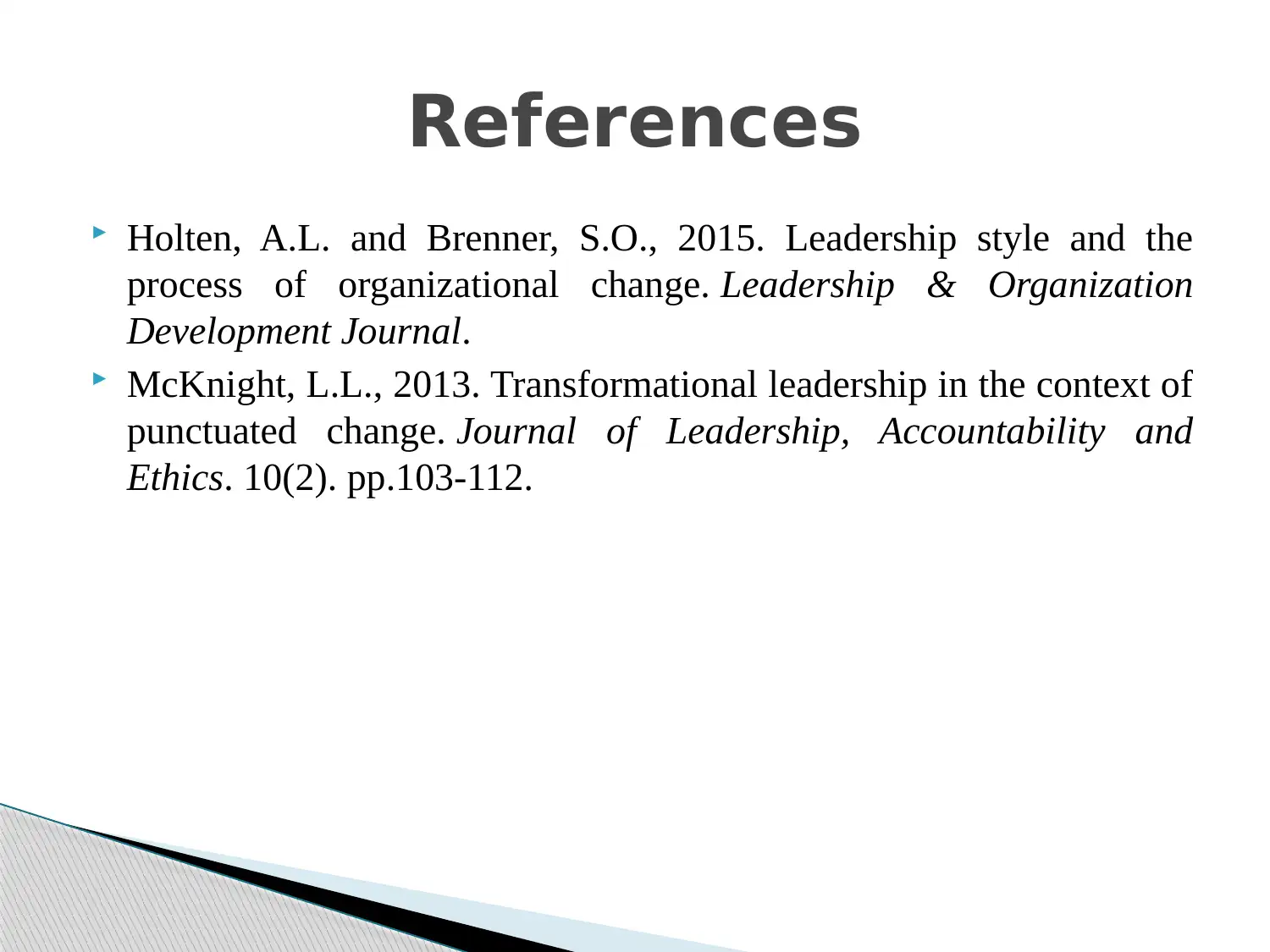





![[object Object]](/_next/static/media/star-bottom.7253800d.svg)